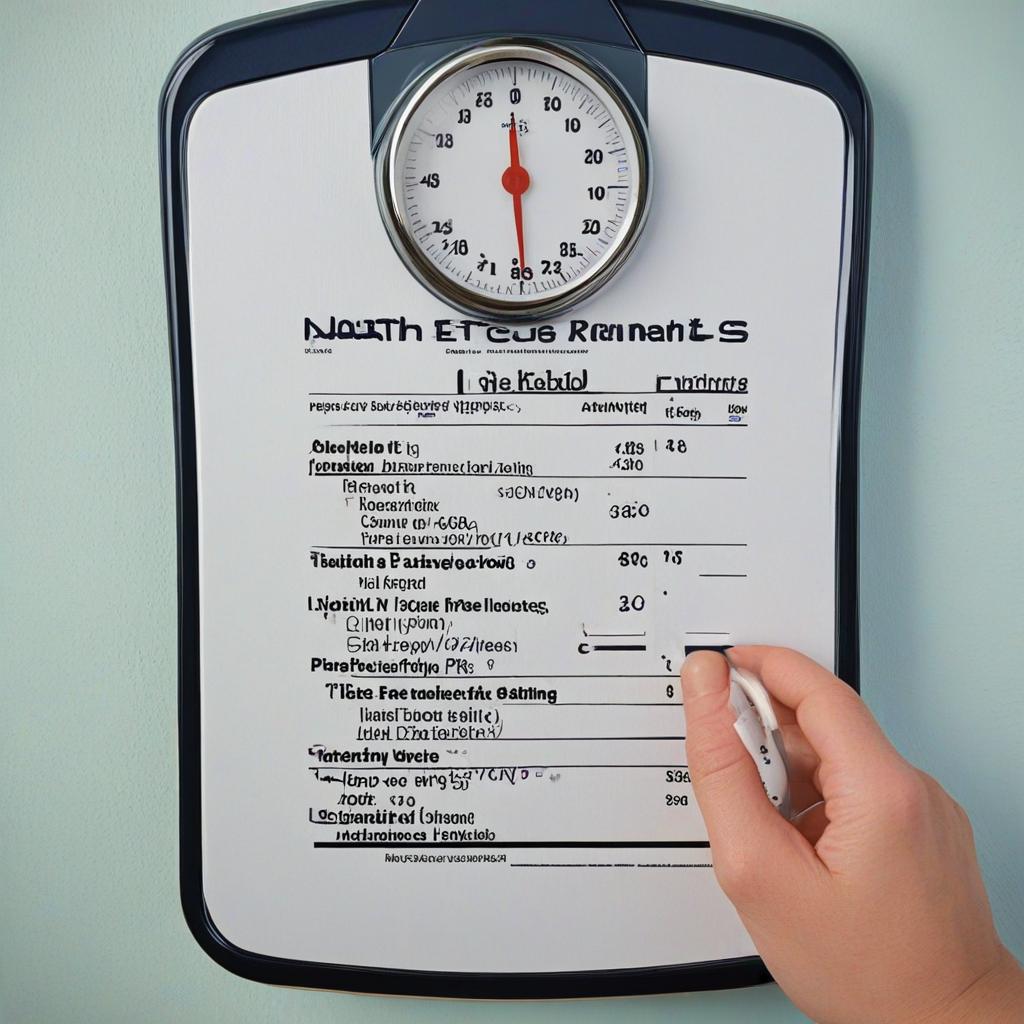
North Port residents may struggle with stubborn weight gain, despite following a healthy diet and exercise routine. This could be due to a hidden factor known as insulin resistance. Insulin resistance occurs when the cells in the body no longer respond properly to insulin, leading to high levels of insulin in the blood. This can cause weight gain and make it difficult to lose weight. By understanding the role of insulin resistance and implementing strategies to improve insulin sensitivity, North Port residents can overcome stubborn weight gain and achieve their health goals.
What is Insulin Resistance?
Insulin resistance is a metabolic condition where the body’s cells become less responsive to insulin – the hormone responsible for regulating blood sugar levels. As a result, the body has to produce more insulin to keep blood sugar levels stable, leading to an excess of insulin in the bloodstream.
The Link Between Insulin Resistance and Weight Gain
When there is excess insulin in the bloodstream, it can promote fat storage by signaling the body to store glucose as fat. This is because insulin stimulates the enzyme responsible for fat production and suppresses the enzyme responsible for fat breakdown. Moreover, insulin resistance can also lead to increased appetite, making it more challenging to stick to a calorie-controlled diet.
How Insulin Resistance Affects Weight Distribution
While everyone’s body is unique, those with insulin resistance often have a specific body shape – carrying extra weight around the waist. This is because insulin resistance promotes excess fat storage in the abdominal region, where fat cells are more sensitive to insulin. This type of visceral fat is not only unsightly but also dangerous as it increases the risk of chronic health conditions such as diabetes and heart disease.
The Role of Lifestyle Factors
While genetics plays a significant factor in developing insulin resistance, lifestyle factors such as poor diet and sedentary behavior can also contribute. Consumption of high-sugar and processed foods can increase insulin levels, leading to insulin resistance over time. Lack of physical activity also contributes to weight gain and insulin resistance, making it a vicious cycle.
How to Combat Insulin Resistance for Weight Loss
The good news is that insulin resistance is both preventable and reversible with the right lifestyle changes. A diet focused on whole, unprocessed foods and regular physical activity can help improve insulin sensitivity. Incorporating resistance training into your exercise routine can also play a key role in reversing insulin resistance. And most importantly, seek guidance from a healthcare professional who can provide personalized advice and support on managing insulin resistance.
In conclusion, insulin resistance may be the hidden obstacle standing in the way of endless weight loss efforts for North Port residents. Knowing about this condition and taking steps to combat it can help you finally see the results you've been working so hard for. Remember, a healthy and balanced lifestyle is crucial for not only weight loss but also for overall health and well-being.


